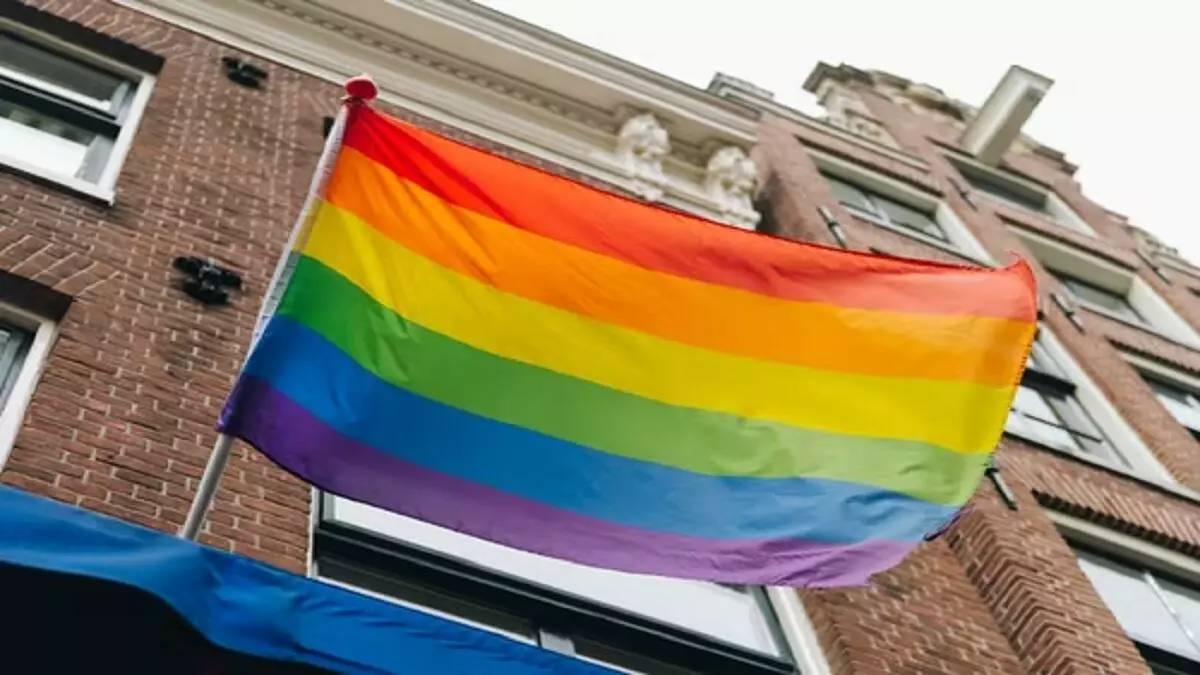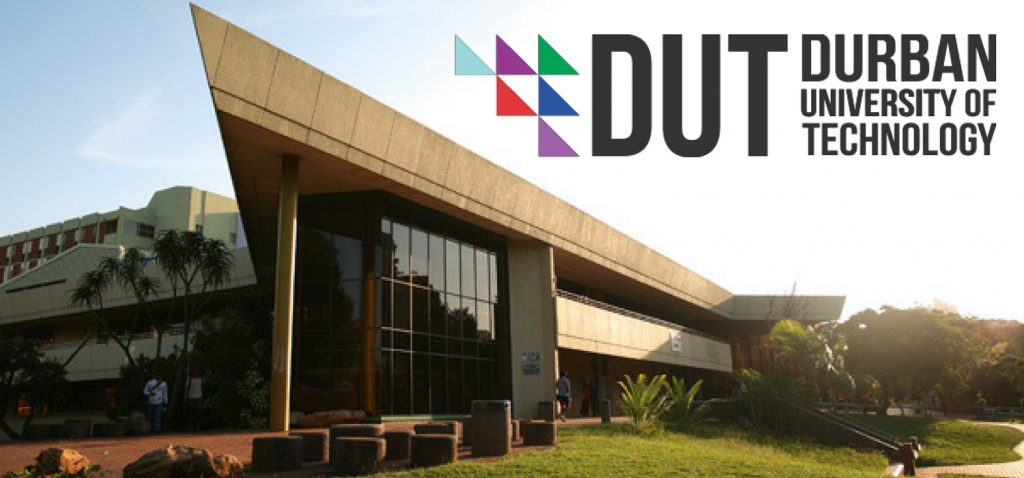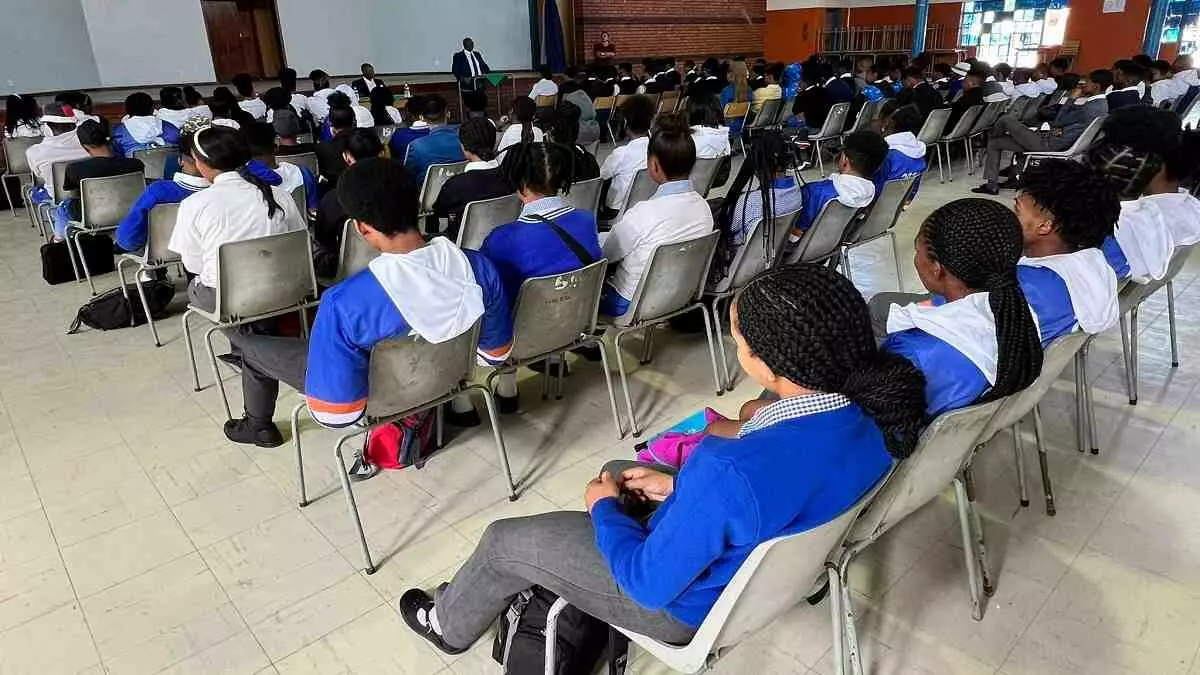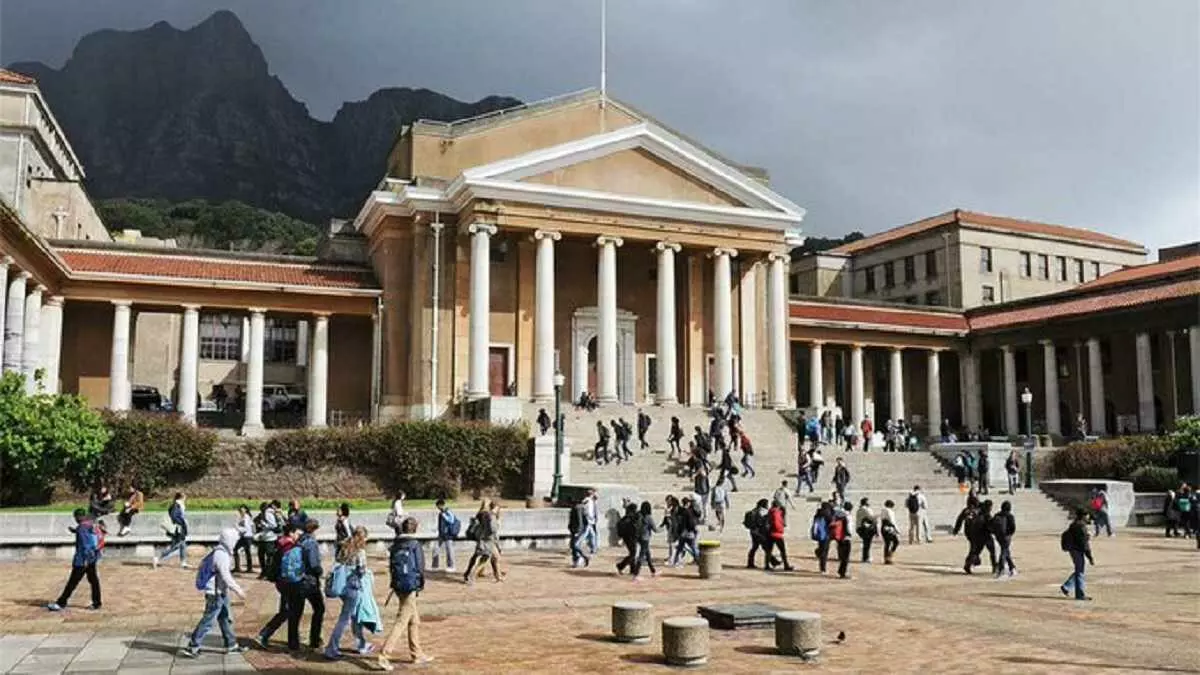Despite the progressive legislation that allows for the rights of the LGBTQIA+ community to be protected, homophobia still persists, especially in schools. This affects the mental health and livelihood of queer learners.

On paper, South Africa is incredibly progressive when it comes to protecting the rights of the queer community.
In May 1996, South Africa became the first jurisdiction in the world to provide constitutional protection to LGBTQ+ people, as stipulated in the South African Constitution, which condemns discrimination based on race, gender, sexual orientation, and other grounds.
Although our Constitution may not practice discrimination, it is still quite common among individuals who haven’t outgrown internalized homophobia.
South African schools have seen persistent bullying and harassment aimed at queer learners, due to homophobia from fellow classmates and even teachers.
The Legal Resources Centre (LRC) recently published a report titled “Barriers to Accessing Education for LGBTQIA+ Learners”, documenting the stories of queer learners and the challenges they face in schools.
An attorney from the LRC, Muyenga Mugerwa-Sekawabe, discusses the reasoning and experiences which have led to a number of LGBTQ+ learners taking their own lives due to persistent homophobia.
“Queer learners [are] faced with bullying, both from staff members who are meant to have their best interests at heart, but also from fellow classmates as well. There are also issues around school uniform being admitted to single-sex schools for transgender learners; further challenges transgender learners face in relation to sports (which has been a bit of a controversial issue) as well bathroom use,” says Mugerwa-Sekawabe.
Based on their sexual orientation and gender non-conformity or gender identity, queer learners are more vulnerable to bullying as compared to their non-queer, heterosexual, or cis-gendered peers, reads one research report.
Teachers can also be responsible for the homophobia suffered by queer learners, while some face discrimination because of their own queer identities.
In March 2017, a high school principal forced lesbian learners to come out to their parents, by sending them home with letters revealing their sexual orientation. The principal told critics it was nobody’s business how she chose to deal with “problems” at the school.
Mugerwa-Sekawabe says while policies mandate that LGBTQ+ learners have certain rights, Department of Basic Education officials, at whatever level, who are homophobic can cause the most damage to queer learners.
“If those Department of Basic Education officials, at whatever level they are, were to have homophobic, prejudicial, queerphobic views, then it doesn’t really matter what the policy says, because those are the people in charge of schools.”
The act of outing someone (disclosing an LGBT person’s sexual orientation or gender identity without their consent) can be detrimental because it is a violation of their privacy, and is a personal process.
It can be a difficult time for someone because of discrimination, homophobia, or potential marginalization from their families and their community at large reads another report, and has even been linked to self-inflicted deaths.
Homophobia in schools is also one of the reasons learners may drop out entirely.
“Bullying leads to absenteeism in schools, it leads to people dropping out of schools and it’s definitely a major challenge that needs to be taken on. Even those learners who don’t drop out of school may face other psychological or mental trauma and issues, which may take a few years, [even] decades after they leave high school to finally grapple with,” explains Mugerwa-Sekawabe.
If you or anyone you know is part of the LGBTQ+ community and in need of help, please contact the following resources:
- OUT: 012 430 3272
- PFLAG South Africa/Same Love Toti: 082 654 8635
- The Gay and Lesbian Network (GLN): 033 342 6165.
- The Pride Shelter: 021 423 2871.
- Sonke Gender Justice: 021 423 7088 / 011 339 3589.
- The Triangle Project: 021 712 6699.
In an emergency please call LifeLine’s 24-Hour Counselling Line at 011 422 4242 / 0861 322 322 or the South African Depression and Anxiety Group’s (SADAG) Suicide Crisis Line at 0800 567 567
READ ALSO:
Demzyportal Category: NEWS


